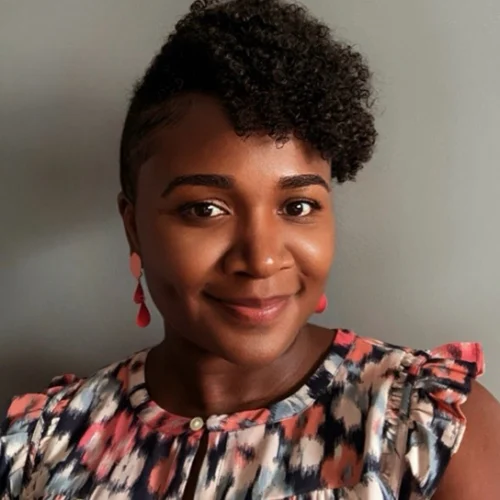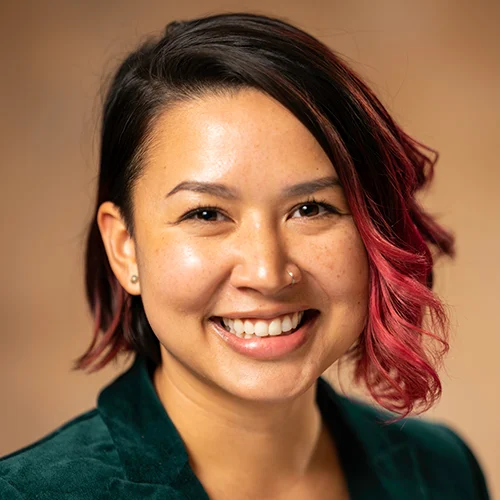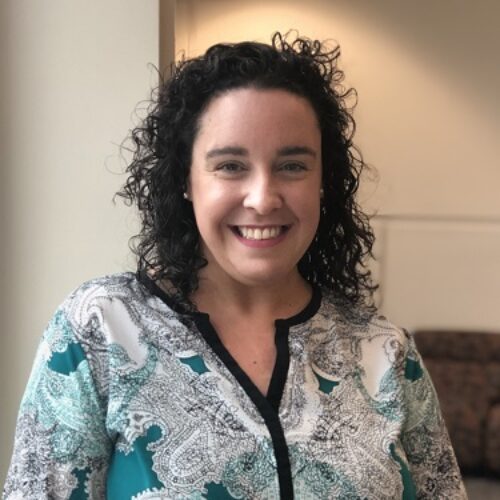The Mental Health First Aid (MHFA) USA Doctoral Student Grants represent a commitment by the National Council for Mental Wellbeing to grow the research and evaluation behind all MHFA programs.
Each year, the grant will provide a one-time award of $5,000 to four outstanding full-time doctoral students who demonstrate significant potential as researchers in their fields of study and who are interested in evaluating the outcomes of MHFA trainings in the U.S.
Doctoral grant candidates must meet the following criteria:
Once funded, doctoral grant recipients must:















